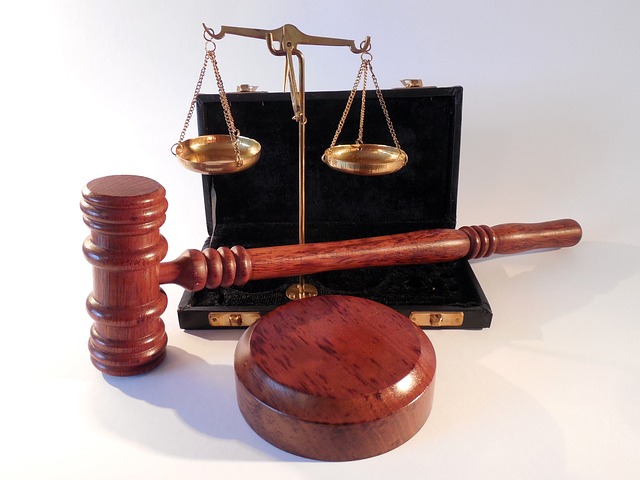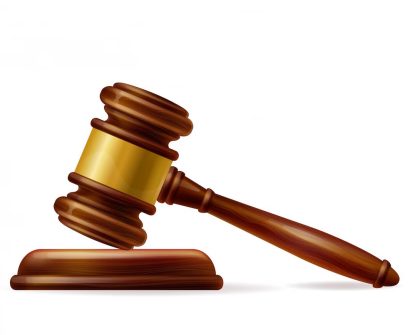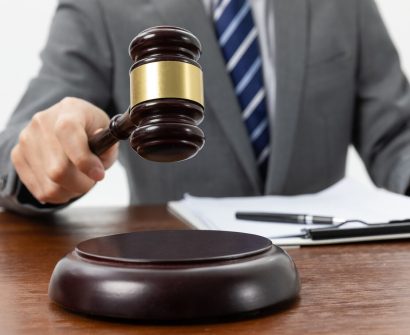
In India, the case of “sheela barse vs state of maharashtra ” is historic for both juvenile justice and human rights. The well-known social activist Sheela Barse battled tirelessly to challenge the cruel conditions that are common in Indian jails and juvenile homes in this court case. We will examine the case’s history, the main legal questions raised, the arguments put forth, and the case’s significant effects on the Indian criminal justice system and the defense of human rights.
sheela barse case summary
Sheela Barse Case Facts:
- Journalist Sheela Barse wrote to the Indian Supreme Court to voice her concerns about the cruel treatment of women incarcerated. Of the fifteen women she spoke with at Mumbai Central Jail, five reported to her that they had experienced abuse and harassment at the hands of police.
- In accordance with Article 32 of the Constitution, the Apex Court treated her letter as a writ petition. Simultaneously, Nirmala Niketan, the Director of the College of Social Work, was instructed to confer with the women of Mumbai Central Jail in the event that no other person was available and ascertain the veracity of the accusations contained in the writ petition.
- The Director wrote in her report that following her interrogation of the female prisoners, “all of the accusations in the writ petition were factual.” Apart from that, there was no system in place to give female prisoners legal assistance. Even more, two foreign nationals said that a lawyer had cheated and conned them, stealing most of their cash and jewellery while pretending to keep his fee.
Sheela Barse Case Issues:
In Sheela Barse v State of Maharashtra, the following concerns were raised:
- Is the harsh treatment meted out to female inmates justified or not?
- Can the maltreatment of female inmates be considered a breach of their rights as stipulated in Article 21 of the Constitution?
- Whether or not state authorities have an obligation to give prisoners legal representation?
Contentions Raised by the Petitioner:
- According to the petitioner, there was violence against female prisoners during their incarceration. Thus, the importance of legal aid for the poor is explained, and police and jail personnel are given guidelines on how to assist impoverished prisoners with their legal needs.
- These instructions must be regarded as a writ petition in accordance with Article 32 of the Constitution.
- Legal representation for a poor or deprived accused person who has been arrested as well as is in danger of losing his life or his personal freedom is mandated by the Constitution and is outlined in Article 39A as well as Articles 14 and 21.
Contentions Raised by the Respondent:
- Maharashtra has requested that they give a rationale for dismissing the writ case.
- Since it appears that no affidavit was filed for the benefit of any of the parties to with whom show cause notice was issued on the returnable date of the notice, this Court postponed the hearing on the application for writ so that the State of Maharashtra and other parties could respond to the allegations made in the petitioner’s letter.
sheela barse case judgment:
- The sheela barse judgment date is 15th February 1983.
- The judgment was given by the judges comprising Justice Rangnath, Justice Bhagwati, Justice Nath, Justice Sen, and Justice Dutt.
- The Honorable Court ruled that denying prisoners access to the legal system would violate both the Indian Constitution’s Article 21 protection of the right to life and personal liberty as well as Article 14’s right to equality.
- The court stressed that it is the state’s duty to guarantee that these rights are upheld, especially for people under its custody. It was decided that the police had a duty to safeguard the lives and liberties of people under their care since they were a state apparatus. Any inaction on their part amounted to a violation of the concerned people’s constitutional rights.
- The court further decided that the female detainees’ lack of legal counsel constituted a violation of their constitutional rights. According to the Indian Constitution, everyone has the right to legal representation, and this right must be respected even for people who are being held by the police.
- Regarding the safeguarding of female inmates in police detention facilities, the court issued the following directives:
- The court ordered that only female suspects be housed in four or five police lock-ups in decent neighbourhoods, under the supervision of female constables. It is inappropriate to house female suspects in the same police lockup as male suspects.
- The court further mandated that only female police officers or constables should be present when questioning female suspects.
A society cannot exist without criminals or crimes. Crimes need to be addressed, not the offenders.
The Model Prison Manual was published in 2016 by the Ministry of Home Affairs with the intention of standardizing prison administration and enhancing inmate living circumstances. In recent years, the government has taken a number of actions to address these kinds of problems.
For any latest news, legal topics, case laws, judiciary exams notifications, patterns, etc watch Jyoti Judiciary’s YouTube channel for legal videos for any updates at https://youtube.com/@jyotijudiciarycoaching4852?si=2cwubh9d2A9urwJf









